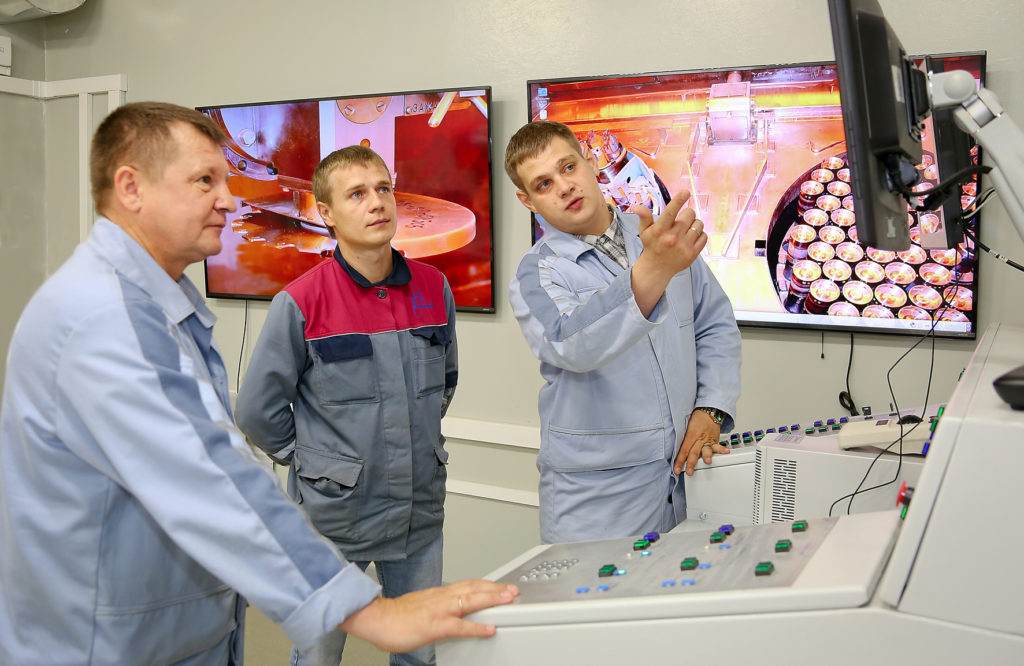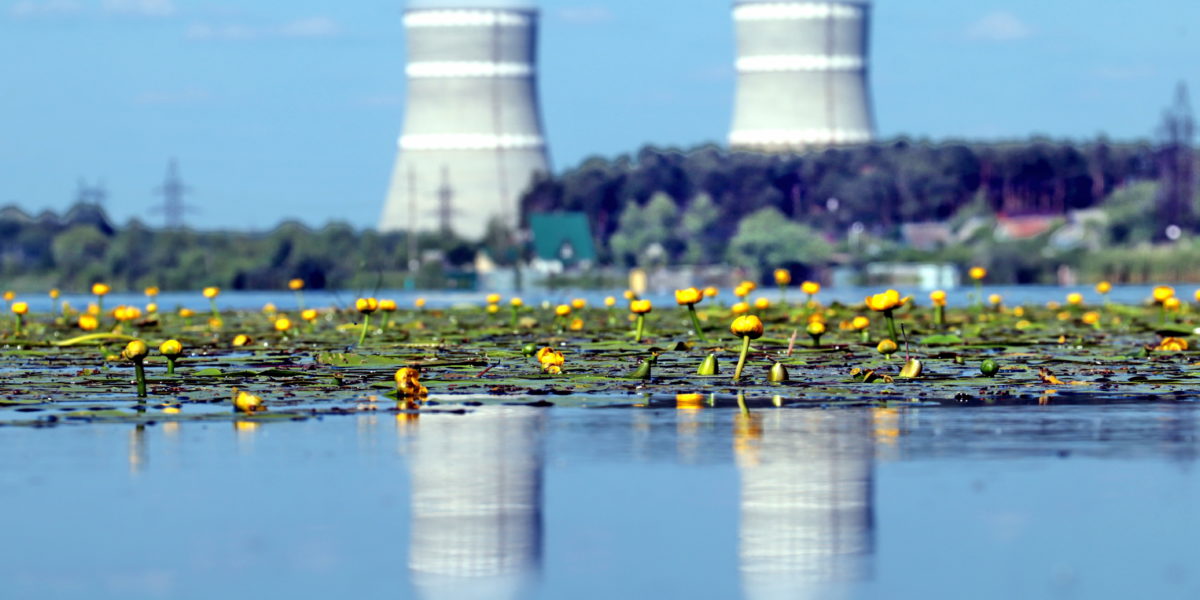When put in operation, the Akkuyu NPP will contribute to the reduction of carbon dioxide emission by an average of 17 million tons per year through the replacement of fossil (coal and gas) fueled power generation. One of the key advantages of nuclear power plants is that they produce particularly no greenhouse gases during operation.
The Akkuyu NPP will have no adverse impact on the environment, agriculture or local ecosystems. It will not pollute soil, atmosphere or sea. Water that will be taken from the sea for the plant’s cooling system and returned back will not be contaminated chemically or otherwise.
In general, construction of a nuclear power plant promotes economic diversification, drives industrialization by enabling energy intensive production facilities, attracts investors to the host region by securing power supply, and facilitates development of small and medium businesses in related industry sectors, such as supply of construction materials and machinery, provision of consumer and other services. Advanced nuclear facilities create jobs in hi-tech economic sectors and related industries.

Beyond that, nuclear power plants drive development of science and technology, including nuclear medicine, irradiation of produce, non-destructive testing, etc. The nuclear industry opens up prospects for new developments, new professions, and new high-paying jobs. Giving an impetus for receiving education, nuclear offers good career opportunities and confidence in the future.
Nuclear is a reliable share of low-carbon electricity in the country’s energy mix, providing diversification of energy sources.





